Shapes of Tunnels
Commonly used tunnel shapes(Shapes of Tunnels) are discussed below:
- Polycentric
- Circular
- Rectangular
- Egg-shaped
- Horseshoe type
- Elliptical
- Segmental

1. Polycentric Shaped of Tunnels
This sort of tunnel shape has a number of centers and provides a sufficient flat base for traffic movement.
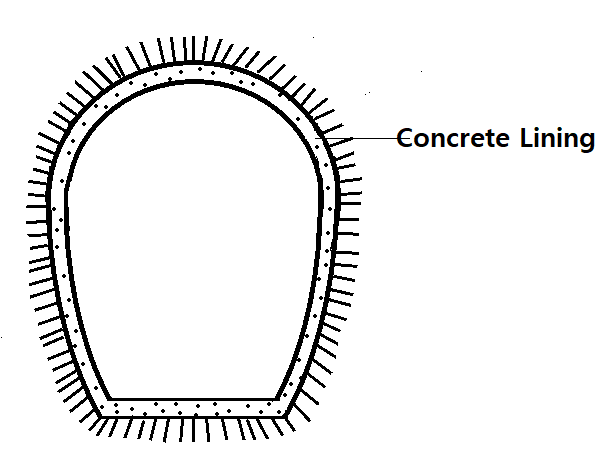
Advantages:
- It can be used for road and railway traffic.
- It can resist external and internal pressure for their arch shape.
Disadvantages:
- The construction of these tunnels is difficult.
- The lining of this type of tunnel is difficult.
2. Circular Shaped Tunnels
Circular tunnels are used to carry water under pressure. These are not appropriate for traffic tunnels because more filling is needed to make the base flat.
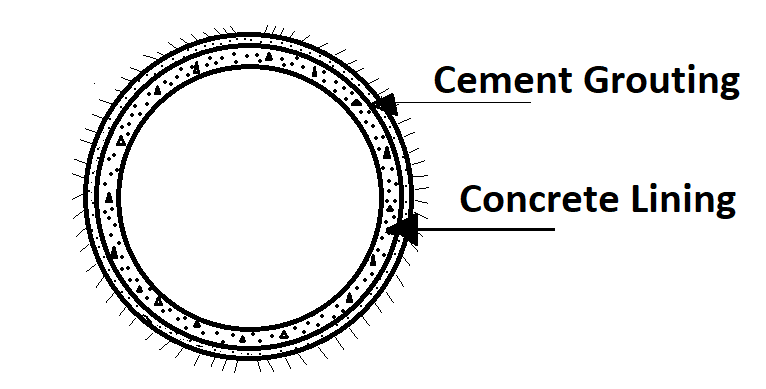
Advantages:
- Best to resist the external or internal force.
- It provides the greatest cross-sectional area for the least perimeter.
Disadvantages:
- More filling is required to form a flat base for designing a road or railway track.
- In circular tunnels, lining work is very difficult.
3. Rectangular Shaped Tunnels
For pedestrian traffic, rectangular shapes of tunnels are appropriate. These tunnels are sometimes accepted if pre-constructed R.C.C caissons are used. These types of tunnels are not suitable to resist external pressure due to their rectangular shape and these are not in use these days.
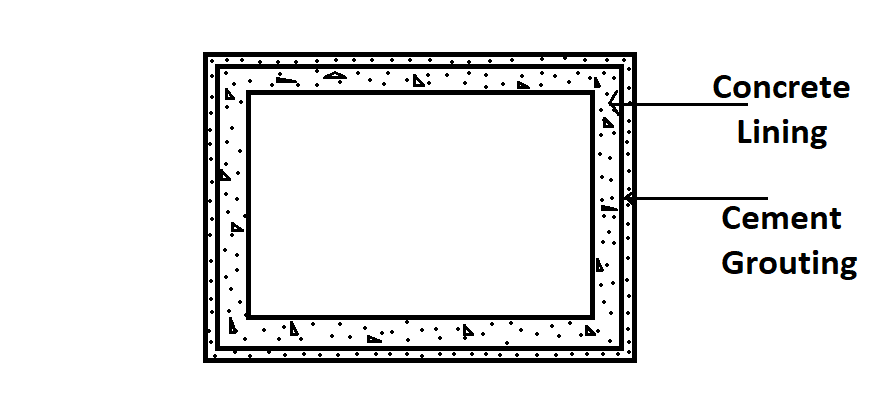
4. Egg-Shaped Tunnels
This tunnel shape has a number of centers and radius length. These are suitable as sewer tunnels to carry sewage water.
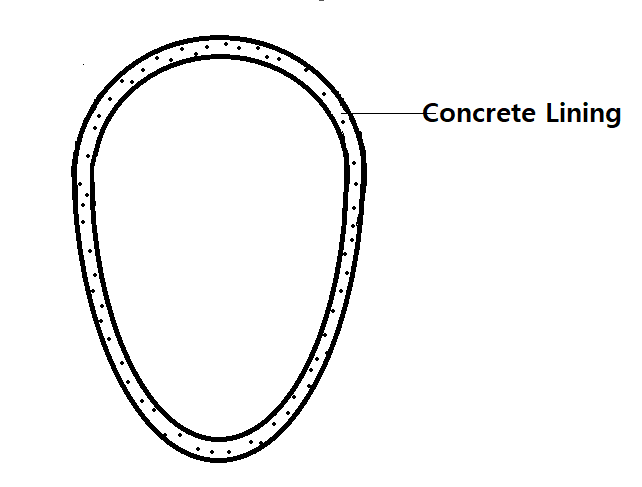
Advantages:
- It is mostly adopted for carrying sewage water.
- Due to their small cross-section at the bottom, it can maintain the self-cleaning velocity of flow of sewage in dry and rainy seasons.
- It can resist external and internal pressure due to its circular walls.
Disadvantages:
- This type of tunnel is not suitable for traffic tunnels.
- The construction process of these types of tunnels are very difficult.
5. Horseshoe Shaped Tunnels
A horseshoe-shaped tunnel is a combined shape of arches and circular tunnel. These types of tunnel shapes are quite popular.
6. Elliptical Shaped Tunnels
For carrying water, elliptical-shaped tunnels are appropriate. These are suitable for softer materials. For better resistance to external pressure, the major axis of these tunnels is maintained vertically.
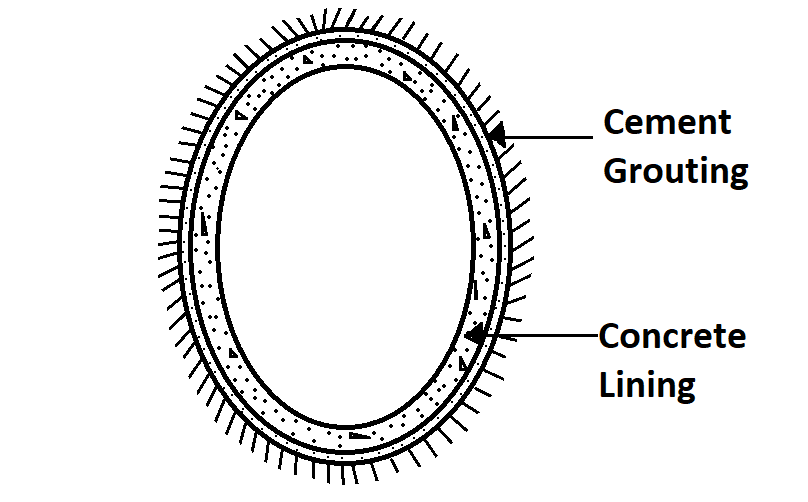
7. Segmental
Segmental tunnels are suitable for traffic tunnels. It is a section with an arched roof and straight sides. These are generally used for subway or navigation tunnels.
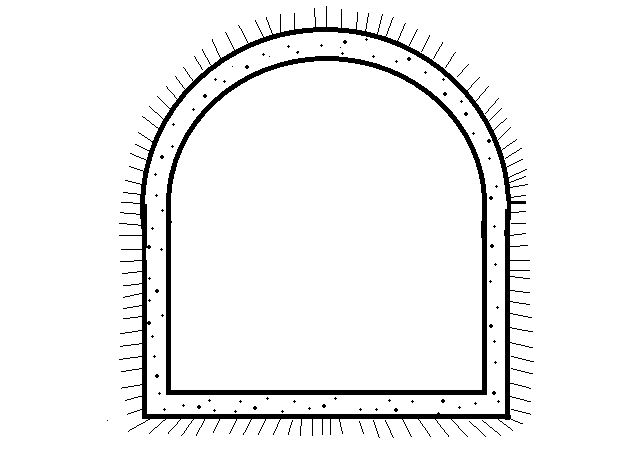
Advantages:
- It is the most suited in rock tunnels.
- It is suitable to resist external load due to its arch-shaped roof.
- It has a flat floor which is helpful for driving and moving any equipment.
Read Also: